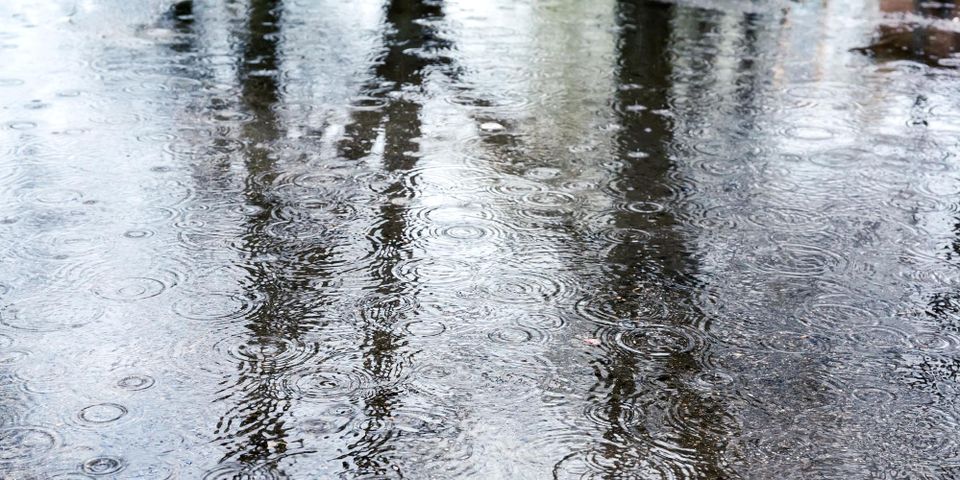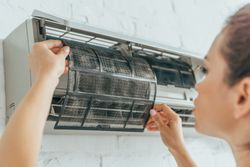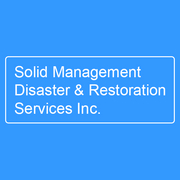4 Common Causes of Water Damage

Over millennia, water has the power to erode rock. It takes much less time for it to do damage to your home—potentially ruining drywall and insulation, warping wood, or causing mold and mildew to grow. By knowing the most likely causes of leaks and interior flooding, you can make the water extraction process simpler—or prevent the need for it in the first place.
Where Does Home Water Damage Come From?
1. Leaking Pipes & Hoses
As pipes age, they begin to rust and weaken—eventually causing them to leak or burst. Often, the final push comes from high water pressure or your pipes freezing, since water expands upon turning into ice. Connective hoses can also wear with time.
Therefore, if you hear dripping noises when your faucets are all turned off, begin to notice a musty smell, or start having higher-than-average utility bills, check under sinks and major appliances for leaks. Arranging for regular plumbing inspections and insulating your pipes ahead of cold weather can also prevent problems.
2. Clogging
One backed-up toilet or sink is an isolated issue—likely due to a blockage beyond the drain. Multiple problem fixtures indicate a clog that is more central—in one of the drain lines or main sewer lines.
This will likely get worse after heavy rainfall, resulting in sewage coming bac up. Not only does this risk the usual problems involved with water damage but sewage can pose its own health hazards and should be addressed by water extraction and remediation professionals as soon as possible.
 3. HVAC Units
3. HVAC Units
You might be satisfied with the performance of your air conditioner so long as it is producing cool air. However, these appliances are also supposed to remove moisture from their environment.
If the unit doesn’t properly drain, the moisture will build up inside of it and begin to leak. Have an HVAC technician inspect it annually to prevent this. They can also change the air filter and tighten connections to help it run more efficiently.
4. Clogged Gutters
Your gutters are supposed to direct rainwater away from your home. However, if they become clogged with debris—like leaves—the next time rain comes, it may spill out of the gutters and down the sides of your house. If too much pools around the base of your house, it could soak into the foundation, resulting in basement flooding. It could also shift the soil around your home, causing the foundation to shift and crack.
Clean your gutters at least bi-annually to prevent clogs and consider investing in gutter guards.
If you’re recently suffered from water damage, check out Solid Management Disaster & Restoration Services in Pagosa Springs, Colorado. Their certified water extraction team will make your home safe and dry once again. Their services include testing for mold to ensure good air quality. For more information about their capabilities, visit them online. Call (970) 946-4561 to schedule an appointment.
About the Business
Have a question? Ask the experts!
Send your question

